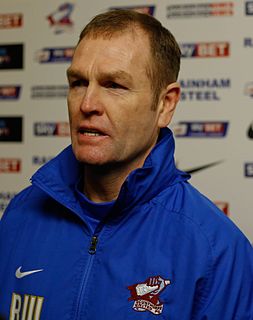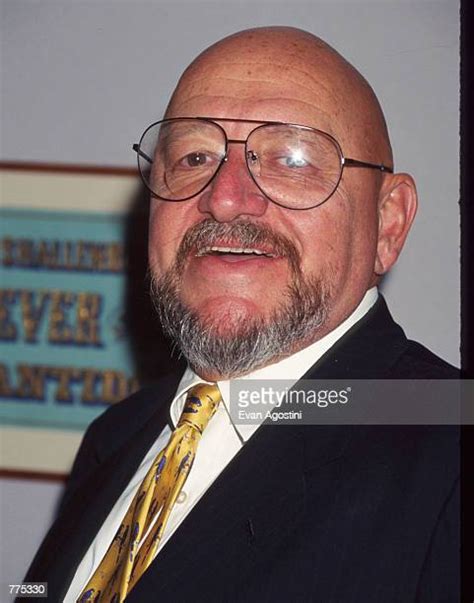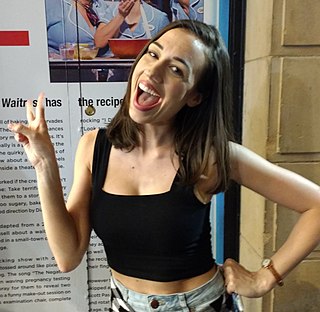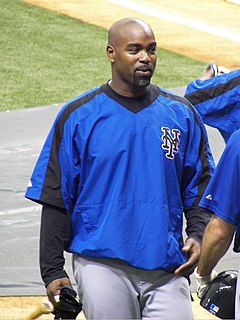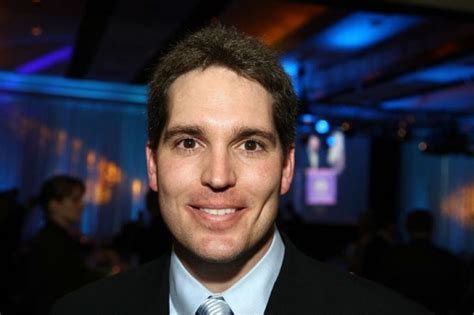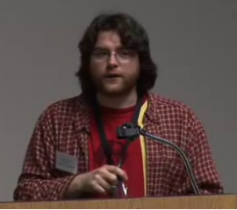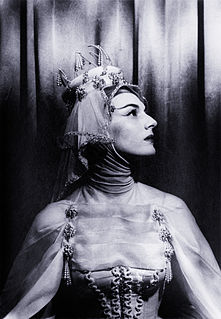A Quote by Terry Gross
I have to match wits with the ads. Like, there's pop-ups that, like, move around and you have to chase them like it was a video game or something. And then there's ads where, like, you know, the X to, like, close the ad screen is so kind of small that you can't find it and you have to actually go looking for it. And so I spend all my energy - instead of, like, absorbing what the advertiser wants to communicate to me, I spend my energy trying to figure out how to defeat the ad.
Related Quotes
An electronic paper has infinite space because you can bring forth as much content as a reader wants. And the resolution of ads is very high. And when you touch the ad you can interact with the advertiser and the paper will take you to the advertiser's Web site and you can get more information. So ideally there should be a better connection between the ads you're shown and what you're actually interested in.
I actually started trying to be a professional writer with novels, and I wrote two that exist and are around... kind of. But they never really went anyplace in particular. I still like them both. What it showed me was that you can spend years on a novel, and then it could just be, like, OK, you spent that time and that's that.
I see The Gap ads as being a great example of how branding has changed. Those Gap campaigns are pop culture. They've been incredibly powerful. They have had the kind of effect on culture that a hit band has. Just look at The Gap's Khaki swing ads, which were music videos. They had this tremendous impact on the industry - suddenly everything started looking like Gap ads and it became difficult to know who was co-opting whom and who was creating culture.
I think titles are tricky because they're like a really short ad for the book. And like an ad, they should open the door in a way that might be more accessible than the book itself. So I always like titles to be familiar. I'm not trying to break ground with the title itself. The title should feel like something already celebrated.
Imagine you're watching '30 Rock' and an ad comes on, but you don't like it. With Hulu Ad Swap, you can actually click the button and trade out the ad. So for the first time ever, a consumer is in control of their ad experience. For us, it's a big win because users are able to take control of what they see.
What I do for a living is somewhat like mercenary prostitution. I spend a lot of energy trying to find games to bring to alternate platforms, like Linux and MacOS, and in my free time, I work on various open source projects, and other freebies like that. So I guess I'm a hooker with a heart of gold, sorta.
Confidence has nothing to do with what you look like. If you obsess over that, you'll end up being disappointed in yourself all the time. Instead, high self-esteem comes from how you feel in any moment. So walk into a room acting like you're in charge, and spend your energy on making the people around you happy.
When you're reading a newspaper and you're seeing ads on the page, it's not kind of invasive. Like, it's on the page next to the article. You can look at it or not. You can turn the page when you're ready. On the internet, the ads - many of the ads - just are so controlling. They insist that you see them.

